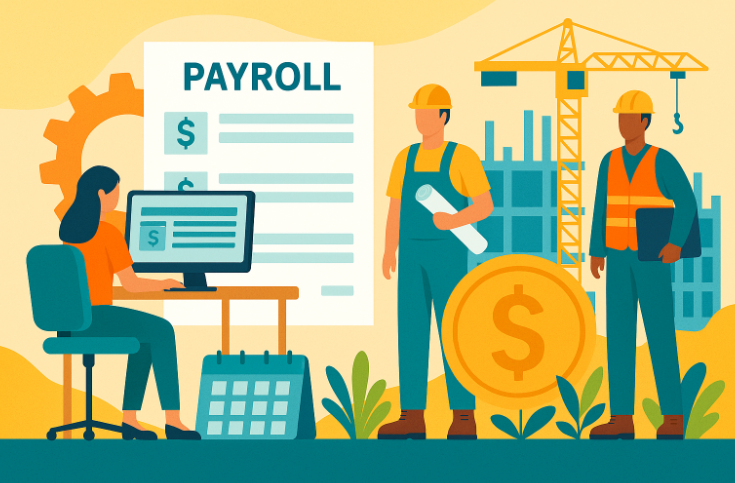What Are Pay Periods and Why Do They Matter
A pay period refers to the time frame used by companies to calculate employees’ earnings. It dictates the frequency of payment of a worker and the division of their salary per year. Some are paid on a weekly basis and others are paid bi-weekly or on a monthly basis. Knowing pay periods will make employers and workers use money better. It also guarantees salary transparency, payment in time and adherence to labor laws in various industries.
How Many Pay Periods in a Year
When you are questioned how many pay periods in a year you will be surprised to learn that the number is not the same; that is, it will depend on how often the employees are paid. In the event that your company has a weekly timetable, then there will be 52 pay periods annually. With bi-weekly payments, 26 pay periods are obtained, whereas semi-monthly pay gives 24 pay periods. There are only 12 monthly pay schedules in a year. It is done by each schedule, which will change the size and frequency of paychecks, such as weekly pay will have small but frequent paychecks, and monthly pay will have large but infrequent paychecks.
Payroll Challenges in the Construction Industry
The construction business has one of the most sophisticated payroll systems. Employees are frequently distributed in various workplaces, each having its own rates, overtime regulations and union contracts. All this may be done manually and therefore it may become ambiguous and time-consuming. The companies should also adhere to local and federal wage laws such as certified payroll in case of a government project. That is why construction payroll services are preferred by many contractors who want to make the processes of payroll management and the accuracy of every transaction easier.
Benefits of Construction Payroll Services
Construction payroll services take care of all aspects of worker pay such as hours tracking to issuing certified payroll reports. They save on time because they do the calculation of wages and tax deductions automatically. Such services save on expensive human mistakes and employees are well paid and at the right time. Most of them are also integrated with project management and accounting software to integrate into a smooth operation. Payroll services are a smart investment by construction firms that deal with several projects, helping them to comply, be efficient, and satisfy workers.
The Link Between Pay Periods and Payroll Efficiency
Payroll budgeting enables an employer to estimate its expenditures by the period in which the company pays its employees. It provides a harmonious flow of payments when combined with construction payroll services, and establishes a well-organized process for all parties. Such services assist in automated calculation of wages, monitoring of employee time, and assuring payment on time. A structured pay scheme allows the employees to keep track of their wages with ease and automation eliminates mistakes and pressure in the management role. This balance between technology and planning creates trust, efficiency, and retains the workers as well as the businesses in the construction industry.
Conclusion
Accuracy, time and trust is not only related to paying the employees, but also to payroll management. The information on the number of payment periods in a year is also helpful because businesses can manage money, and construction payroll services can also simplify the entire process in complex industries. Trustful payroll tools can also be applied with smart scheduling to save time, reduce errors, and make sure that the companies adhered to their rules. A good payroll management eventually increases the productivity and level of satisfaction of the employees hence business continuity.

